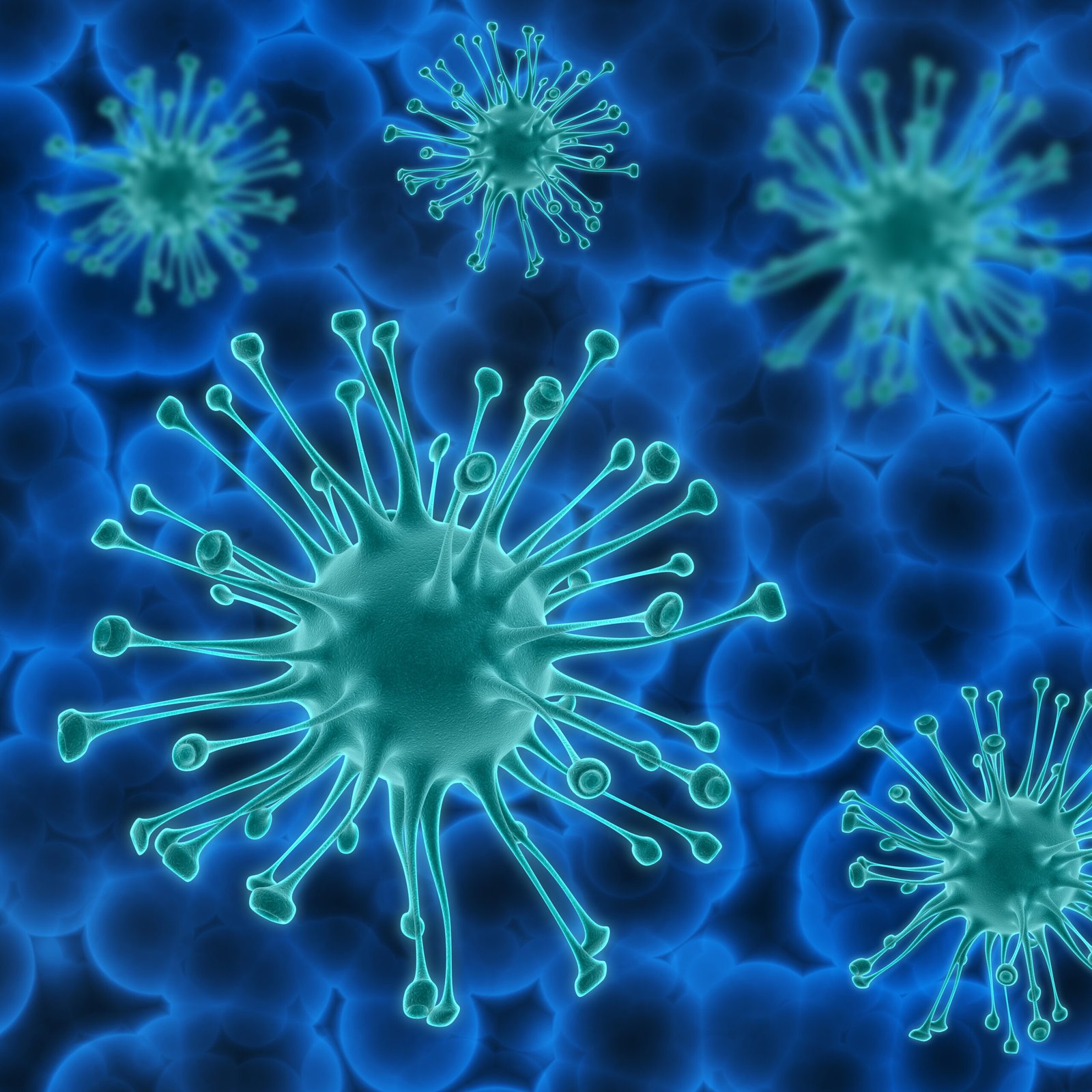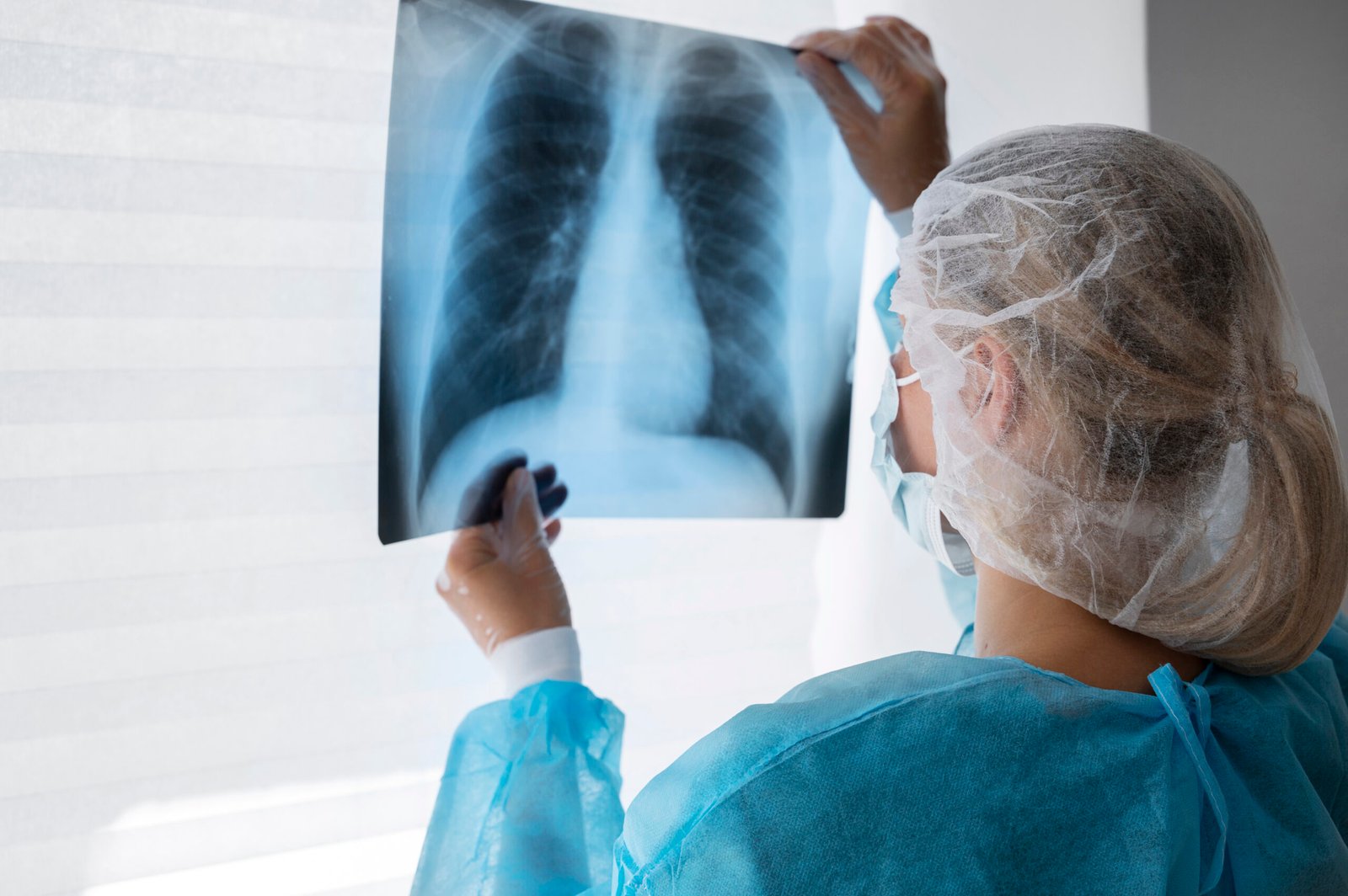In the future of medicine, personalized treatments could be guided by Virtual Human Twins, computer models designed to simulate individual patients. Today, methods to replace animal testing are already being developed, including human organ simulations on chips or in petri dishes. The new 3ROCKIT 3R Center at the Karlsruhe Institute of Technology (KIT) is at the forefront of this shift. Starting January 1, 2025, the center will join the statewide 3R network in Baden-Württemberg, receiving annual funding of EUR 100,000 for the next three years.
3ROCKIT: A New Approach to Research
The name 3ROCKIT stands for Replace, Reduce, Refine Organismal Research by Computational and Cellular Technologies at KIT. This initiative follows the 6R principle, which not only focuses on reducing, replacing, and refining animal testing but also emphasizes statistical robustness in experimental designs, registering all experiments, and ensuring even negative results are published.
Multidisciplinary Team for Health-Tech Innovation
Led by Dr. Nicole Jung, the 3ROCKIT Center is part of KIT’s Health Technologies (KITHealthTech) center, where researchers collaborate across disciplines to create digital and technological solutions for the healthcare sector.
Professor Oliver Kraft, Vice President for Research at KIT, emphasized, “Developing technologies to replace animal experiments is crucial for the future of research in natural sciences and medicine. The inclusion of 3ROCKIT in the Baden-Württemberg 3R network shows that KIT is on the right path.”
Harnessing Digital Technologies for Animal-Free Research
The 3ROCKIT Center employs cutting-edge digital technologies, including deep neural networks, to create digital twins—personalized virtual models of human patients. These models are used to enhance personalized medicine, build biomaterials, and develop advanced surgical assistance systems.
“The integration of artificial intelligence into 3R research has opened new possibilities,” says Professor Ute Schepers, spokesperson for KITHealthTech. “AI enables more accurate results to be obtained faster, reducing the number of animals required for testing significantly.”
Simulating Active Ingredients and Therapies
Using digital methods, 3ROCKIT researchers can predict how various chemicals affect cellular functions and trace their distribution and effects throughout the human body. One core unit focuses on creating training datasets for Virtual Human Twins, improving risk assessments, and customizing treatments for individual patients.
Advancing In Vitro Research with AI and Autonomous Labs
3ROCKIT is also developing AI-driven, autonomous labs to advance in vitro methods, including organ-on-a-chip technologies and organoids—3D tissue structures that replicate physiological processes outside the body using patient cells. Additionally, the KIT “3D Printing Center” combines resources to produce 3D-printed materials like polymers, metals, glass, and even tissue, further supporting the center’s groundbreaking research.
A Statewide Effort
The 3ROCKIT Center is part of the broader Baden-Württemberg 3R network, which includes eight institutions in the state dedicated to developing alternative experimental methods. Alongside KIT, the Furtwangen and Ulm universities will also be included in the network and receive funding.
Through these efforts, KIT is playing a leading role in pioneering the future of research—one that reduces the reliance on animal testing while advancing personalized medicine for the benefit of all.
Source:
Karlsruhe Institute of Technology
Date:Nov 29 2024





